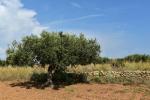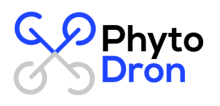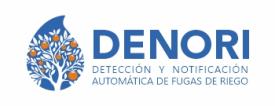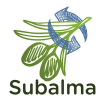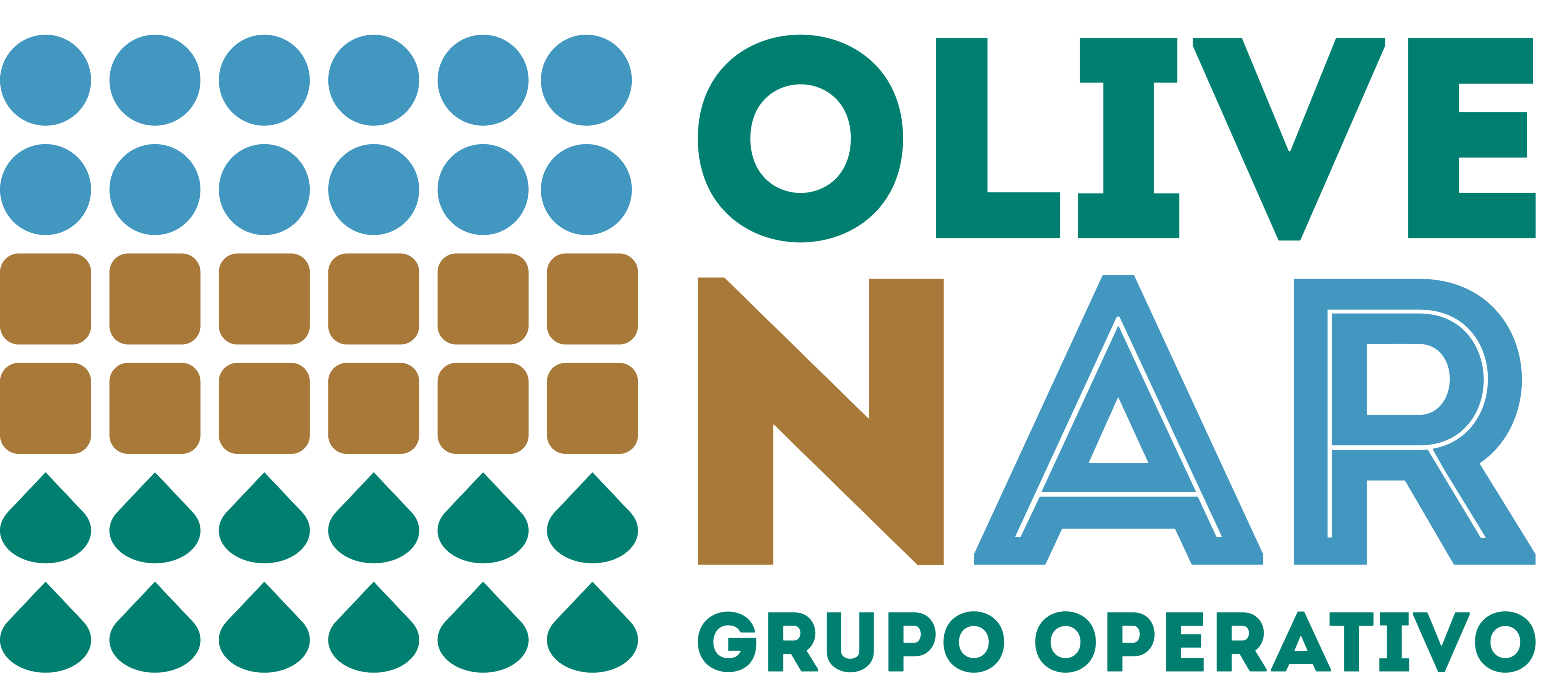
OLIVENAR Operational Group: Incorporating inerting in the solid and liquid phase separation stages of the olive oil production process in olive mills
- Type Operational group
- Status In progress
- Execution 2022 -2024
- Assigned Budget 200.298,00 €
- Scope Autonómico
- Autonomous community Andalucía
- Main source of financing CAP 2023-2027
- Project website GO OLIVENAR
This involves the introduction of gas technology in olive oil mills to produce virgin olive oils of higher physical, chemical, and sensory quality. It involves integrating nitrogen or argon inerting technologies into key stages of the extraction process, and into subsequent stages of oil clarification and preservation. It involves replacing the air in contact with the oil with an inert gas that does not react with it, thus preventing quality deterioration during the production process. The impact of the results on the value chain is:
- An innovative process in the olive oil subsector that benefits all oil mills, making them more sustainable. Significant savings in chemicals and labor.
- Considerable reduction in hazards and critical points.
- Increased food safety in processed products.
- Important benefit for the Environment.
- Higher quality in the production of early harvest virgin olive oils.
- Higher quality in olive oil production due to the reduction of peroxides, impurities, and other contaminants in the production process.
- The effect of inerting will lead to a higher concentration of volatile oxidation compounds, a better profile of phenolic compounds (due to less degradation of these compounds), and greater oxidative stability in the oils obtained.
Currently, food quality and safety are a priority for consumers, public administrations, and food industries. Oils are subject to alterations due to contact with air. Oxidation processes can be minimized by limiting the amount of oxygen available in both the oil and the surrounding environment. This reduction in oxygen levels can be achieved by incorporating inert gases (nitrogen or argon), which displace oxygen, limiting its availability and minimizing the formation of peroxides in the production process of high-quality olive oils.
Injecting inert gas at temperature at critical points in the process (decanter, vertical centrifuge, and subsequent preservation stages) can minimize oxidation of the resulting olive oil. The use of gases is essential for producing oils of the highest quality that adapt to current market trends. Inerting involves replacing the air in contact with the oil with an inert gas that does not react with it, thus preventing deterioration of its quality during the production and preservation processes.
This project seeks to integrate nitrogen or argon inerting technologies into key stages of the extraction process, such as the separation of solid and liquid phases using a two-outlet decanter centrifugation system, the separation of liquid phases in a vertical centrifuge, and subsequent stages of oil clarification and preservation.
With inerting in the decanter and vertical centrifuge, the most innovative activity, the quality of the olive oils produced is expected to be significantly improved by reducing the amount of molecular oxygen in one of the key stages of the olive oil production process. This inerting can have very positive effects on the quality of the oils obtained, primarily in relation to volatile oxidation compounds, phenolic compound composition, tocopherol fraction, and greater oxidative stability.
- Name of the coordinator/entity: University of Jaén_University Institute of Research in Olive Groves and Olive Oils, Sebastián Sánchez Villasclaras
- Postal address: Sierra Moreno Street, Block 11, CTSA Building, Module 1, 23620, Mengibar (Jaén)
- Coordinator/entity email: ssanchez@ujaen.es, eguzman@ujaen.es
- Telephone: 683750084; 953 212947
- Universidad de Jaén_Instituto Universitario de Investigación en Olivar y Aceites de Oliva, Sebastián Sánchez Villasclaras
- CITOLIVA (mdjimenez@citoliva.es)
- OLEOCAMPO SOCIEDAD COOPERATIVA ANDALUZA (mdjimenez@citoliva.es)
- AMENDUNI IBÉRICA S.A. (ysegura@amenduni.es)
- LORENZO EISMAN AYUSO (lorenzoeisman@gmail.com)
- Universidad de Jaén, Instituto Universitario de Investigación en Olivar y Aceites de Oliva, Sebastián Sánchez Villasclaras




